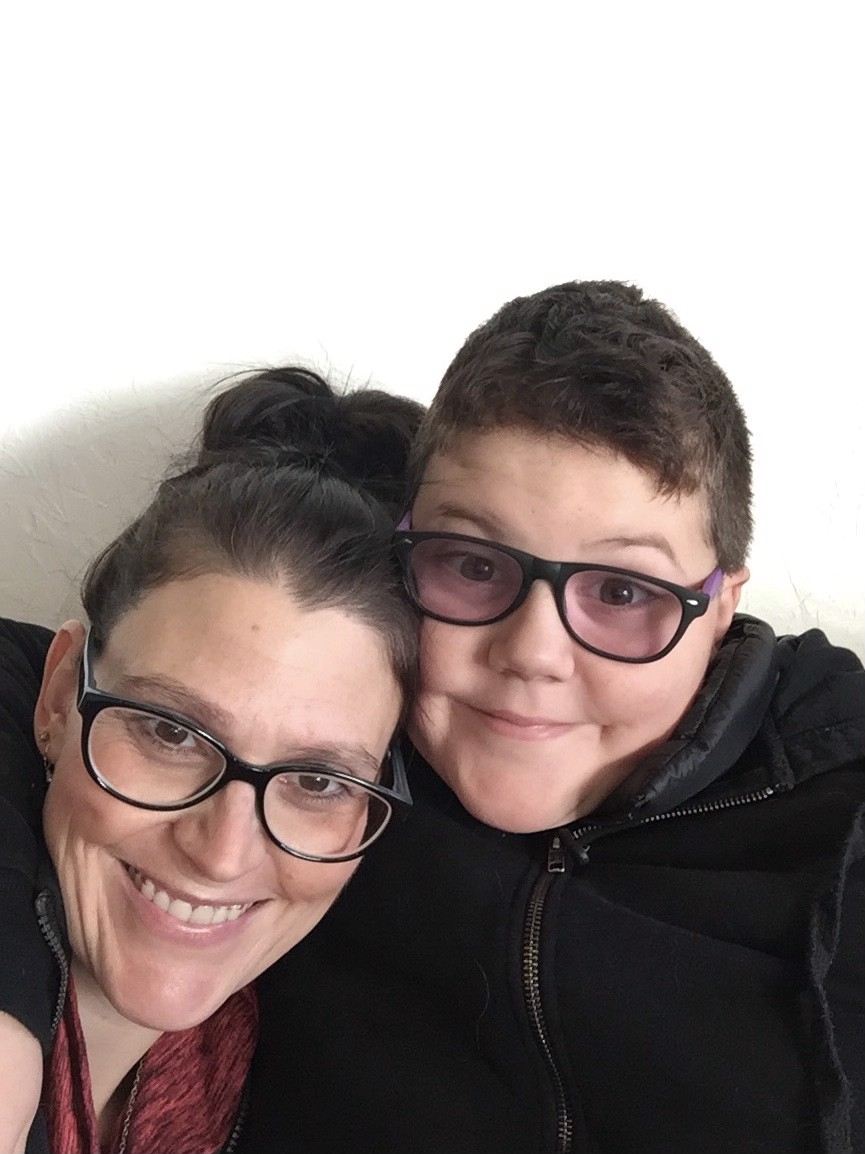#1 Start With Validation
Validation is amazing. When we are stuck in a feeling, the last thing we want is someone telling us that our feeling isn't real or that we need to move through it, and quickly. Validation helps us to feel heard and seen. Exactly as we are, in any given moment.
Tip #2 Empathize
Empathy is looking through our lens with all of our experiences and "stuff" and judgements AND accepting their story. Their perspective. Their perceptions of what happened. As fact. Even if we don't agree, even if it doesn't make sense. When we empathize we are telling someone that we understand them. We see them. We are there for them. If your child isn't able to share how they feel, it's ok to guess. Parents are usually pretty good at guessing and kids are usually pretty good at letting us know if we got it wrong. The point here is to let them know you are interested in how they feel and even if you guess wrong, it keeps the conversation going. If they shut down, give space. Empathize with that need and come back to it. It's ok to take time.
Tip #3 Relate
Now that you've heard their story, think of a time you've felt that same way. Can you relate to the feeling? Can you understand and relate to this child? Is there a common ground? Being able to relate to the feeling brings connection and understanding of the emotion driving the tough time.
Tip #4 Have Compassion
If you have been able to relate to the feeling, now you must have compassion for yourself and this child. Big feelings are tough to manage. To interpret. To process. Remembering how you felt should give you some clues as to how difficult it truly is. Compassion helps us to connect even deeper on a human level to what this child must be feeling, bringing another level of understanding.
Tip #5 Be Vulnerable
When you've found compassion, you are ready to talk. You've gotten to a place in your own heart where you have connected to your child's experience and are ready to relate on a deeper level. This is the time to share a time when you've felt the same emotion as your child and maybe how it felt for you. How did you handle it? When we let our children see our humanness, they don't feel so alone or out of norm. Their feelings feel normalized. It becomes easier to understand them.
Tip #6 Let Them Talk
Hearing your parent relate to you can be weird. Hard to process. Throw them off. Especially if they have felt like they are the only one that feels the way they do. Let them talk it out. Ask questions. Process out loud if they need to. It's building intimacy. Trust. Connection. This will help down the road.
Tip #7 Breathe
When our kids have a hard time, we forget to breathe. When we are trying to coach them through, we forget to breathe. But what happens is, we tense up and then they tense up. Rome wasn't built in a day and problems don't get solved in a minute. And unless you are an Olympic swimmer, you just shouldn't hold your breath that long. So, breathe. Emotions come and go like your breath. Learn to ride them. In and out. Stay calm and your child will be calmer too. Let them use your calm breath as a base to match. It takes some practice, but once you learn how to be that steady, calm rock for them, it really makes getting through tough emotions much easier. And, your blood pressure lower.
Tip #8 Remember That Nothing Is Permanent
Even if your child has 10 days in a row of being mad, it won't last forever. Letting them know this is helpful too. When we are in the throws of heightened emotions, we tend to think it will last for all eternity. But it doesn't. We get a new set of LEGO's or some ice cream and BAM, a smile slinks across our face. Emotions change. Reminding our kiddos and ourselves that they don't last and that we have the power to change them, really helps to not get stuck in them.
Tip #9 Talk About The Breakdown
Once things are calm, don't be afraid to talk about the breakdown. So often we are afraid of another surge in emotions or a meltdown, that we avoid the teaching moment or the healing talk. But progress towards a solution won't happen if we avoid these topics. Then all we've set ourselves up for is another tough time with the same situation. So when it's calm, start out by saying something like " I know that was super rough bud, it was hard for me too, so why don't we talk for just like 5 minutes about why it was rough and how to not have it happen again so we don't have to go through it again, sound like a plan?" By putting a time limit on it, your kiddo knows the conversation is not going to drag on forever. They also know that you realize it was hard for them and you are trying to not have history repeat itself. This makes you an awesome parent. HI-five you.
Tip #10 End On A Good Note
Once you've come up with a plan, let it all go. Hug it out. Say how proud you are. Let them know what a great job they did...whatever works for you, but end on a higher note than you started. It will help them to gain self-esteem that they can solve their own problems, turn to you if they need to, and emotions won't run them. And then drop it. Don't come back to it. If we keep returning to the topic, it will become a thorn in their side and they won't want to talk to us or trust us...so we have to know when to end the conversation and leave it alone. Be proud and then let it be. Your kids will be better for it.
My Final Mesage
Kids are amazing. They have all the emotions that adults do, they just haven't had the time to learn how to operate them. Different things trigger them, but they are still the same emotions. Which we can relate to. That's a good thing. So, hang in there Mom and Dad. You can do this!



























